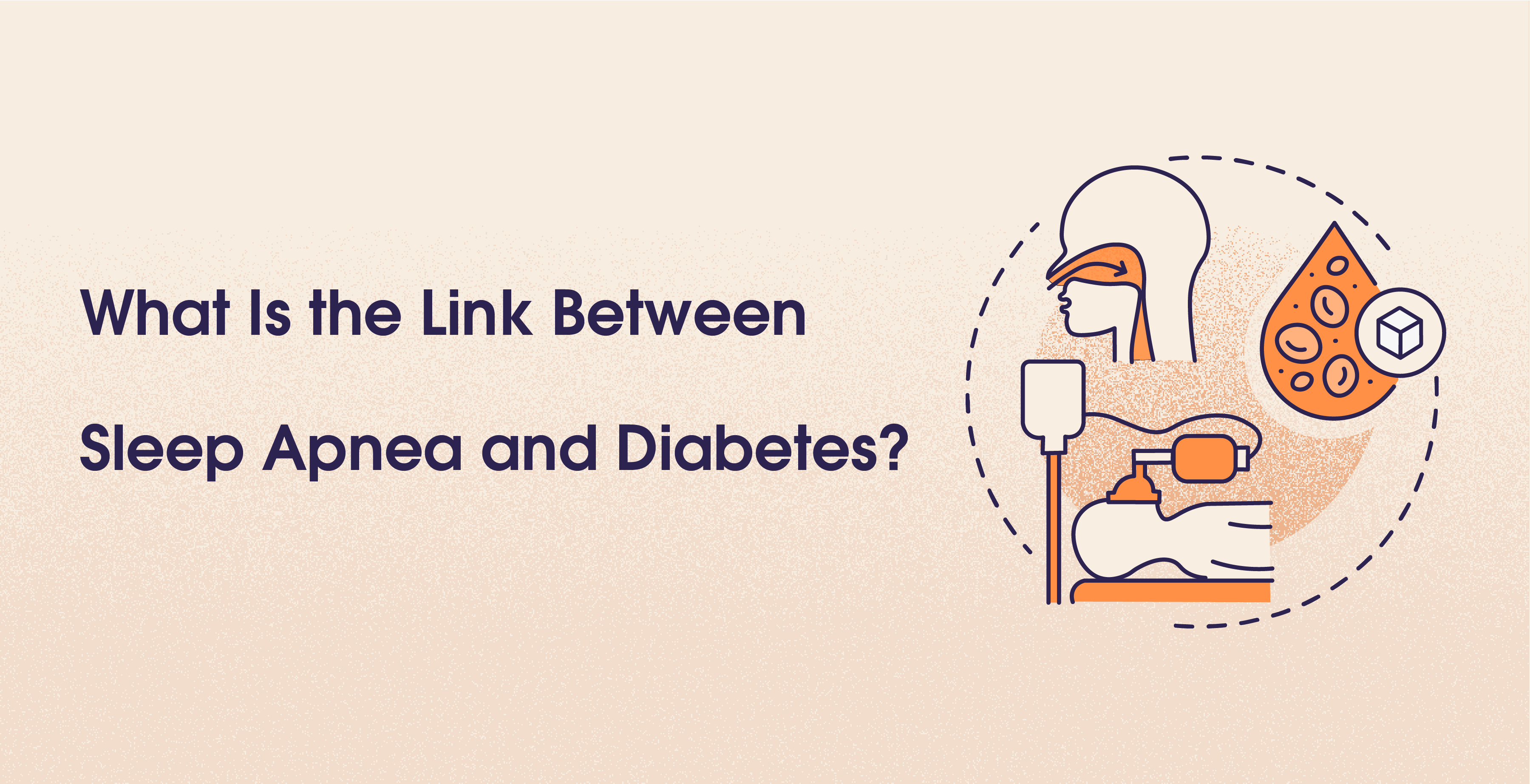What is Hyperglycemia?
Jan 14, 2024
Ashima Raizada
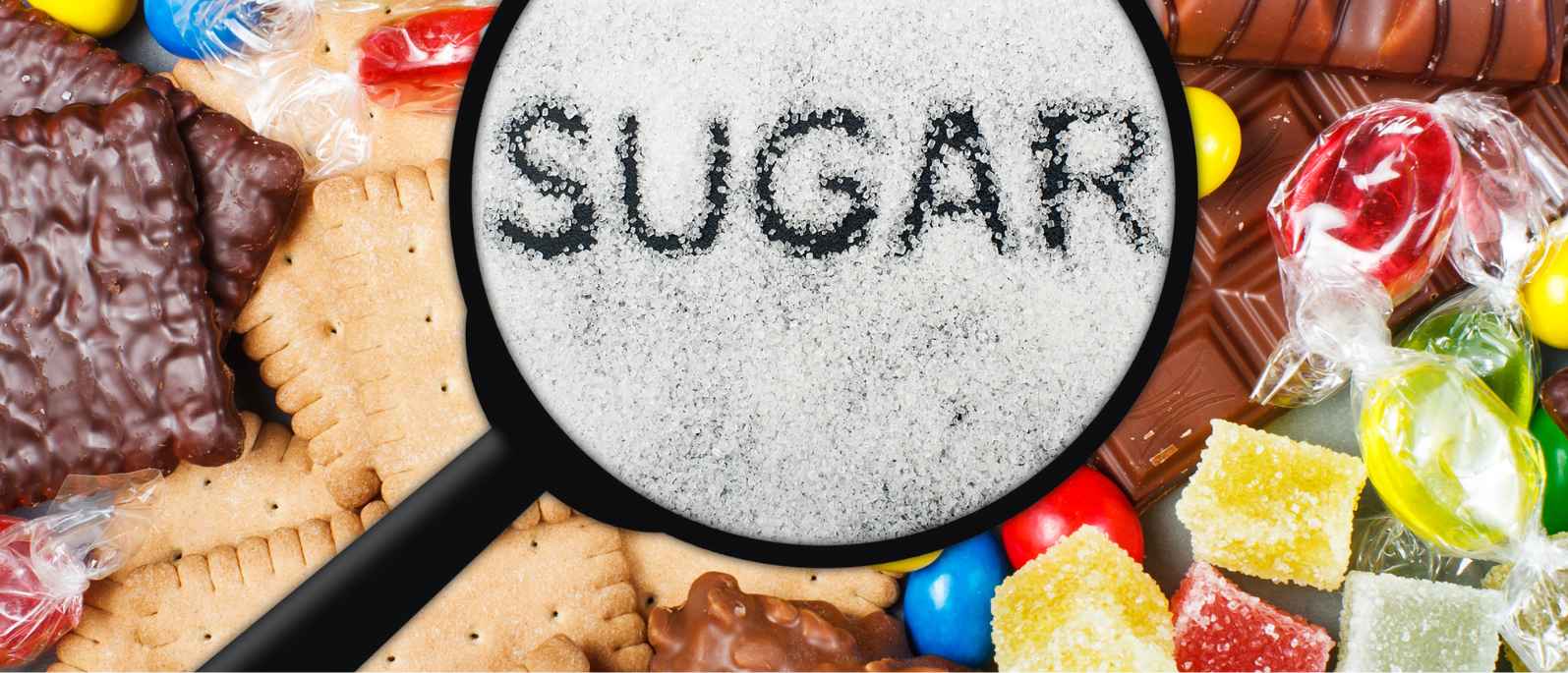


Table Of Contents
Hey, Urth-dwellers! Have you ever pondered the significance of maintaining balanced blood sugar levels? Let's delve into the universe of hyperglycemia - a term that might seem intricate but boils down to high blood sugar. Here, we'll uncover hyperglycemia's essence, its symptoms, preventive measures, and its correlation with diabetes. Get ready for valuable insights on recognizing signs, preventive actions, and knowing when it's time for professional assistance. So, take a seat and let's unravel this mystery together!
Highlights
Recognizing symptoms like increased thirst and fatigue is crucial for identifying hyperglycemia in its early stages
Adopting a balanced diet, quality sleep, stress management, and healthy habits can significantly prevent hyperglycemia
Adhering to medications, regular blood sugar monitoring, and insulin adjustments are key elements in managing hyperglycemia when you have diabetes
Understanding emergency measures, monitoring physical activity, and seeking professional advice are vital for managing hyperglycemia effectively
Personalized prevention programs from digital health coaches offer individualized strategies for tackling hyperglycemia
What is Insulin Resistance?
Let's cut to the chase on insulin resistance. When we eat, especially carbs, our body releases insulin to help cells absorb energy, allowing glucose to enter. Now, here's the glitch: insulin resistance kicks in. Cells in muscles, liver, and fat stop responding to insulin, blocking glucose absorption. The pancreas pumps more insulin, but cells stay unresponsive, leaving excess glucose in the bloodstream. In simple terms, insulin resistance occurs when cells become stubborn, hindering insulin from doing its job and causing a blood sugar rollercoaster. Straightforward enough, right? Now, let's get back to hyperglycemia. (1)
What is Hyperglycemia?
Hyperglycemia is when there is too much sugar (glucose) in your bloodstream. It's often linked to insufficient insulin production or insulin resistance, a common issue in diabetes. If left unmanaged, hyperglycemia can damage your nerves, blood vessels, and organs, and in severe cases, it can trigger diabetes-related ketoacidosis.
For those without a diabetes diagnosis, hyperglycemia is when fasting blood glucose levels exceed 125 mg/dL. For prediabetes, it falls between 100 mg/dL and 125 mg/dL. Consistently surpassing fasting blood sugar levels of 125 mg/dL leads to a Type 2 diabetes diagnosis. Type 1 diabetes is when your blood sugar levels are above 250 mg/dL.
In diabetes, hyperglycemia is generally considered when blood glucose exceeds 180 mg/dL one to two hours after eating, although individual targets may vary. It's crucial to keep an eye on these levels to manage blood sugar effectively.
Sounds scary, right? Now let's see how we can spot signs and symptoms of hyperglycemia. (2)(3)
How common is hyperglycemia?
Well, it's more common than you might think. Currently, 1 in 10 Americans is said to be diagnosed with diabetes and experts are saying this number will go up to 1 in 3 by 2050. (4) That's a whopping 23.33% jump from 10% to 33.33%!
Can People Without Diabetes Get Hyperglycemia?
Hyperglycemia can affect people with type 1 diabetes, type 2 diabetes as well as gestational diabetes. While it is most commonly found in people who are diabetic, there are various reasons why non-diabetic people may experience elevated blood sugar levels. This could include conditions such as hormonal disorders, pancreatitis, certain medications, severe infections, or extreme stress. Additionally, lifestyle factors like a diet high in refined sugars and carbohydrates can contribute to temporary spikes in blood glucose levels in non-diabetic individuals. If someone experiences recurrent or persistent hyperglycemia without a diabetes diagnosis, it's advisable to consult with a healthcare professional for proper evaluation and guidance. (5)
Signs and Symptoms of Hyperglycemia
Hyperglycemia often unfolds gradually in people with diabetes over days or weeks. Detecting these symptoms can be tough but is crucial. In some cases, signs and symptoms may not show up until your blood sugar skyrockets.
Here are some signs and symptoms of hyperglycemia you need to watch out for:
Increased thirst and dry mouth
Frequent urination
Fatigue
Blurred vision
Unintentional weight loss
Recurrent infections (e.g., thrush, cystitis, and skin infections)
Skin discoloration in the neck,armpits, and groin
Sexual dysfunction
Irritability
Slow healing wounds
Vaginal yeast infections
Extreme hunger (2)
If you experience any of these hyperglycemia symptoms, get advice as soon as possible from a healthcare professional. Early detection and management significantly contribute to better outcomes in diabetes care.
Causes of Hyperglycemia in Diabetes
Hyperglycemia in people with diabetes can happen when things go off-balance with what we eat and our meds. Here's the deal:
Insulin Check
If you don't get enough insulin, use the wrong type, or run into issues with insulin injections, like with insulin pump therapy, hyperglycemia can kick in. If you're not diabetic, insulin resistance can cause hyperglycemia.
Timing Matters
Getting the timing wrong with insulin and carbs? That can lead to hyperglycemia. It's about getting the timing right. If you're not diabetic, insulin resistance can
Carb-Insulin Balance
Imagine a seesaw - carbs on one side, insulin on the other. If it's not balanced, hyperglycemia shows up. It's about finding the right balance.
Meds Business
Your oral diabetes meds need to do their job. Too little won't cut it. It's about having the right dose.
Stay Active
If you're not as active as usual, hyperglycemia might show up. Keep moving and exercising, and it won't show up.
The Dawn Phenomenon
Waking up to higher blood sugar? That's the dawn phenomenon, a natural rise in the morning. (6)
Keep tabs on these diabetes factors, make adjustments, and hyperglycemia won't be stealing the spotlight!
How Do You Prevent Hyperglycemia?
Preventing hyperglycemia can be tough when you have diabetes but you can do a lot to make sure your hyperglycemic episodes reduce drastically. Avoiding hyperglycemia calls for straightforward lifestyle adjustments. Here's the deal:
Smart Food Choices
Treat food as your body's direct source of energy. Opt for nutrient-packed options rich in fiber and protein to steady those sugar levels. Follow a natural eating rhythm, starting with fiber, then proteins, fats, and lastly carbs and sugars. It keeps you satisfied, fuels your energy, and avoids sugar spikes.
Quality Sleep Matters
Get a solid 7-9 hours of sleep - it's crucial for your body. Stick to a sleep routine, cut off the snacks a few hours before bed, and dim the lights. It helps your body's rhythm, regulates hunger hormones, and keeps that glucose metabolism in check.
Move Your Body
Exercise is your secret weapon. Whether you're hitting the gym or grooving to some tunes, get moving. It helps your body soak up glucose and sheds those extra pounds. Mix it up with a bit of cardio and muscle-building - the dynamic duo for keeping hyperglycemia at bay.
Keep Stress At Bay
Stress can alter your blood sugar levels. Manage it well with activities such as journaling, yoga, or just taking a breather. It lowers cortisol (that stress hormone), making sure your stress levels don't mess with your sugar levels.
Say No To Alcohol
Watch that alcohol intake. Keep it in check, stick to the recommended limits - a glass of wine, a beer, or a shot. Going overboard can push you towards hyperglycemia territory. (7)
Quit Smoking
Smoking? Time to kick that habit. It's not just about hyperglycemia; it messes with your overall health. Give it the boot for a healthier you. Smoking increases the chances of developing diabetes by 30-40%. (8)
Hydrate, Hydrate, Hydrate
Water is your ally in your hyperglycemia journey. Drink up to flush out excess glucose. When you're slacking on the water, your sugar levels stay put while your blood volume drops which is not a good combo. Studies show that people with prediabetes who drink more than one liter of water a day tend to have a 28% lesser risk of hyperglycemia than those who don't. (9)
Get Some Expert Help
If all this sounds like a lot, consider joining a personalized prevention program, like the ones from digital health coaches such as Trst Health. It's always easiest to do it under the guidance of experts. They've got the inside information on beating hyperglycemia with strategies tailored just for you. (10)
Ready to take charge? Let's keep those sugar levels in check and show hyperglycemia who's boss!
Hyperglycemia Treatment At Home in Diabetes
If you're experiencing hyperglycemia often, chat with your healthcare provider about managing your blood sugar and receiving the right hyperglycemia treatment. It's the key to staying ahead of it. Here's the playbook:
Get Moving: Exercise is an excellent way to control blood sugar. But if there are ketones in your urine, hold off - we don't want to spike that blood sugar higher. You can monitor your ketones using a ketone monitor.
Medication Game Plan: Take your meds as prescribed. If hyperglycemia is throwing you curveballs, talk to your healthcare provider and they might switch up the dosage or timing.
Eat Smart: Stick to the diabetes eating plan - smaller portions, nix the sugary drinks, and ease up on the snacking. Make sure to have your food in the right order - fibre & gt; proteins & fats & gt; carbs & sugars. If you're struggling, opt for a diabetes program that helps with nutrition.
Check Your Stats: Keep an eye on your blood sugar levels, especially when you're feeling under the weather or worried about hitting extreme highs or lows.
Insulin MVP: Adjust those insulin doses or bring in the short-acting insulin for the win against hyperglycemia. This means having sugars that digest quickly such as 4-6 pieces of sugared hard candy or half a cup of juice. Team up with your healthcare provider to find you the winning combination.
Emergency Hyperglycemia Treatment in Diabetes
If things get serious with diabetic ketoacidosis or hyperosmolar hyperglycemic state (basically if your blood sugar is extremely high), it's time to amp your hyperglycemia treatment. Here's the lineup:
Hydration Power Play: Get those fluids pumping through the veins to replenish what's lost and dilute that extra sugar.
Electrolyte Boost: IV electrolytes are the secret to balancing out those essential minerals - keeping your body in top form.
Insulin IV: Intravenous insulin is ideal as it reverses the ketone buildup, bringing things back to normal.
After this, your healthcare provider will need to figure out what triggered your hyperglycemia. They might call in extra tests or hyperglycemia treatments to keep your health in top shape.
Conclusion
Understanding and managing hyperglycemia is essential for overall health, particularly for those with diabetes or at risk. Hyperglycemia, characterized by high blood sugar levels, can lead to complications if not addressed. Recognizing hyperglycemia signs and symptoms like increased thirst, frequent urination, and fatigue is crucial. Lifestyle factors, medication adherence, and physical activity play key roles in prevention. Balanced diet, quality sleep, stress management, limited alcohol, and quitting smoking contribute to prevention. For those with diabetes, proactive approaches involve adhering to medications, monitoring blood sugar, and emergency hyperglycemia treatments when necessary. Seeking professional guidance and considering personalized prevention programs are valuable strategies for navigating hyperglycemia and promoting a healthier life.
References
6. Glycemic Targets: Standards of Medical Care in Diabetes - 2022
Management of Diabetes and Hyperglycemia in Hospitalized Patients - Endotext - NCBI Bookshelf
Hyperglycemia in diabetes - Diagnosis & treatment - Mayo Clinic
Smoking and Diabetes | Overviews of Diseases/Conditions | Tips From Former Smokers | CDC
Water - Effect on Blood Glucose and How Much Should I Drink.
Standards of Medical Care in Diabetes - 2022 Abridged for Primary Care Providers
Hey, Urth-dwellers! Have you ever pondered the significance of maintaining balanced blood sugar levels? Let's delve into the universe of hyperglycemia - a term that might seem intricate but boils down to high blood sugar. Here, we'll uncover hyperglycemia's essence, its symptoms, preventive measures, and its correlation with diabetes. Get ready for valuable insights on recognizing signs, preventive actions, and knowing when it's time for professional assistance. So, take a seat and let's unravel this mystery together!
Highlights
Recognizing symptoms like increased thirst and fatigue is crucial for identifying hyperglycemia in its early stages
Adopting a balanced diet, quality sleep, stress management, and healthy habits can significantly prevent hyperglycemia
Adhering to medications, regular blood sugar monitoring, and insulin adjustments are key elements in managing hyperglycemia when you have diabetes
Understanding emergency measures, monitoring physical activity, and seeking professional advice are vital for managing hyperglycemia effectively
Personalized prevention programs from digital health coaches offer individualized strategies for tackling hyperglycemia
What is Insulin Resistance?
Let's cut to the chase on insulin resistance. When we eat, especially carbs, our body releases insulin to help cells absorb energy, allowing glucose to enter. Now, here's the glitch: insulin resistance kicks in. Cells in muscles, liver, and fat stop responding to insulin, blocking glucose absorption. The pancreas pumps more insulin, but cells stay unresponsive, leaving excess glucose in the bloodstream. In simple terms, insulin resistance occurs when cells become stubborn, hindering insulin from doing its job and causing a blood sugar rollercoaster. Straightforward enough, right? Now, let's get back to hyperglycemia. (1)
What is Hyperglycemia?
Hyperglycemia is when there is too much sugar (glucose) in your bloodstream. It's often linked to insufficient insulin production or insulin resistance, a common issue in diabetes. If left unmanaged, hyperglycemia can damage your nerves, blood vessels, and organs, and in severe cases, it can trigger diabetes-related ketoacidosis.
For those without a diabetes diagnosis, hyperglycemia is when fasting blood glucose levels exceed 125 mg/dL. For prediabetes, it falls between 100 mg/dL and 125 mg/dL. Consistently surpassing fasting blood sugar levels of 125 mg/dL leads to a Type 2 diabetes diagnosis. Type 1 diabetes is when your blood sugar levels are above 250 mg/dL.
In diabetes, hyperglycemia is generally considered when blood glucose exceeds 180 mg/dL one to two hours after eating, although individual targets may vary. It's crucial to keep an eye on these levels to manage blood sugar effectively.
Sounds scary, right? Now let's see how we can spot signs and symptoms of hyperglycemia. (2)(3)
How common is hyperglycemia?
Well, it's more common than you might think. Currently, 1 in 10 Americans is said to be diagnosed with diabetes and experts are saying this number will go up to 1 in 3 by 2050. (4) That's a whopping 23.33% jump from 10% to 33.33%!
Can People Without Diabetes Get Hyperglycemia?
Hyperglycemia can affect people with type 1 diabetes, type 2 diabetes as well as gestational diabetes. While it is most commonly found in people who are diabetic, there are various reasons why non-diabetic people may experience elevated blood sugar levels. This could include conditions such as hormonal disorders, pancreatitis, certain medications, severe infections, or extreme stress. Additionally, lifestyle factors like a diet high in refined sugars and carbohydrates can contribute to temporary spikes in blood glucose levels in non-diabetic individuals. If someone experiences recurrent or persistent hyperglycemia without a diabetes diagnosis, it's advisable to consult with a healthcare professional for proper evaluation and guidance. (5)
Signs and Symptoms of Hyperglycemia
Hyperglycemia often unfolds gradually in people with diabetes over days or weeks. Detecting these symptoms can be tough but is crucial. In some cases, signs and symptoms may not show up until your blood sugar skyrockets.
Here are some signs and symptoms of hyperglycemia you need to watch out for:
Increased thirst and dry mouth
Frequent urination
Fatigue
Blurred vision
Unintentional weight loss
Recurrent infections (e.g., thrush, cystitis, and skin infections)
Skin discoloration in the neck,armpits, and groin
Sexual dysfunction
Irritability
Slow healing wounds
Vaginal yeast infections
Extreme hunger (2)
If you experience any of these hyperglycemia symptoms, get advice as soon as possible from a healthcare professional. Early detection and management significantly contribute to better outcomes in diabetes care.
Causes of Hyperglycemia in Diabetes
Hyperglycemia in people with diabetes can happen when things go off-balance with what we eat and our meds. Here's the deal:
Insulin Check
If you don't get enough insulin, use the wrong type, or run into issues with insulin injections, like with insulin pump therapy, hyperglycemia can kick in. If you're not diabetic, insulin resistance can cause hyperglycemia.
Timing Matters
Getting the timing wrong with insulin and carbs? That can lead to hyperglycemia. It's about getting the timing right. If you're not diabetic, insulin resistance can
Carb-Insulin Balance
Imagine a seesaw - carbs on one side, insulin on the other. If it's not balanced, hyperglycemia shows up. It's about finding the right balance.
Meds Business
Your oral diabetes meds need to do their job. Too little won't cut it. It's about having the right dose.
Stay Active
If you're not as active as usual, hyperglycemia might show up. Keep moving and exercising, and it won't show up.
The Dawn Phenomenon
Waking up to higher blood sugar? That's the dawn phenomenon, a natural rise in the morning. (6)
Keep tabs on these diabetes factors, make adjustments, and hyperglycemia won't be stealing the spotlight!
How Do You Prevent Hyperglycemia?
Preventing hyperglycemia can be tough when you have diabetes but you can do a lot to make sure your hyperglycemic episodes reduce drastically. Avoiding hyperglycemia calls for straightforward lifestyle adjustments. Here's the deal:
Smart Food Choices
Treat food as your body's direct source of energy. Opt for nutrient-packed options rich in fiber and protein to steady those sugar levels. Follow a natural eating rhythm, starting with fiber, then proteins, fats, and lastly carbs and sugars. It keeps you satisfied, fuels your energy, and avoids sugar spikes.
Quality Sleep Matters
Get a solid 7-9 hours of sleep - it's crucial for your body. Stick to a sleep routine, cut off the snacks a few hours before bed, and dim the lights. It helps your body's rhythm, regulates hunger hormones, and keeps that glucose metabolism in check.
Move Your Body
Exercise is your secret weapon. Whether you're hitting the gym or grooving to some tunes, get moving. It helps your body soak up glucose and sheds those extra pounds. Mix it up with a bit of cardio and muscle-building - the dynamic duo for keeping hyperglycemia at bay.
Keep Stress At Bay
Stress can alter your blood sugar levels. Manage it well with activities such as journaling, yoga, or just taking a breather. It lowers cortisol (that stress hormone), making sure your stress levels don't mess with your sugar levels.
Say No To Alcohol
Watch that alcohol intake. Keep it in check, stick to the recommended limits - a glass of wine, a beer, or a shot. Going overboard can push you towards hyperglycemia territory. (7)
Quit Smoking
Smoking? Time to kick that habit. It's not just about hyperglycemia; it messes with your overall health. Give it the boot for a healthier you. Smoking increases the chances of developing diabetes by 30-40%. (8)
Hydrate, Hydrate, Hydrate
Water is your ally in your hyperglycemia journey. Drink up to flush out excess glucose. When you're slacking on the water, your sugar levels stay put while your blood volume drops which is not a good combo. Studies show that people with prediabetes who drink more than one liter of water a day tend to have a 28% lesser risk of hyperglycemia than those who don't. (9)
Get Some Expert Help
If all this sounds like a lot, consider joining a personalized prevention program, like the ones from digital health coaches such as Trst Health. It's always easiest to do it under the guidance of experts. They've got the inside information on beating hyperglycemia with strategies tailored just for you. (10)
Ready to take charge? Let's keep those sugar levels in check and show hyperglycemia who's boss!
Hyperglycemia Treatment At Home in Diabetes
If you're experiencing hyperglycemia often, chat with your healthcare provider about managing your blood sugar and receiving the right hyperglycemia treatment. It's the key to staying ahead of it. Here's the playbook:
Get Moving: Exercise is an excellent way to control blood sugar. But if there are ketones in your urine, hold off - we don't want to spike that blood sugar higher. You can monitor your ketones using a ketone monitor.
Medication Game Plan: Take your meds as prescribed. If hyperglycemia is throwing you curveballs, talk to your healthcare provider and they might switch up the dosage or timing.
Eat Smart: Stick to the diabetes eating plan - smaller portions, nix the sugary drinks, and ease up on the snacking. Make sure to have your food in the right order - fibre & gt; proteins & fats & gt; carbs & sugars. If you're struggling, opt for a diabetes program that helps with nutrition.
Check Your Stats: Keep an eye on your blood sugar levels, especially when you're feeling under the weather or worried about hitting extreme highs or lows.
Insulin MVP: Adjust those insulin doses or bring in the short-acting insulin for the win against hyperglycemia. This means having sugars that digest quickly such as 4-6 pieces of sugared hard candy or half a cup of juice. Team up with your healthcare provider to find you the winning combination.
Emergency Hyperglycemia Treatment in Diabetes
If things get serious with diabetic ketoacidosis or hyperosmolar hyperglycemic state (basically if your blood sugar is extremely high), it's time to amp your hyperglycemia treatment. Here's the lineup:
Hydration Power Play: Get those fluids pumping through the veins to replenish what's lost and dilute that extra sugar.
Electrolyte Boost: IV electrolytes are the secret to balancing out those essential minerals - keeping your body in top form.
Insulin IV: Intravenous insulin is ideal as it reverses the ketone buildup, bringing things back to normal.
After this, your healthcare provider will need to figure out what triggered your hyperglycemia. They might call in extra tests or hyperglycemia treatments to keep your health in top shape.
Conclusion
Understanding and managing hyperglycemia is essential for overall health, particularly for those with diabetes or at risk. Hyperglycemia, characterized by high blood sugar levels, can lead to complications if not addressed. Recognizing hyperglycemia signs and symptoms like increased thirst, frequent urination, and fatigue is crucial. Lifestyle factors, medication adherence, and physical activity play key roles in prevention. Balanced diet, quality sleep, stress management, limited alcohol, and quitting smoking contribute to prevention. For those with diabetes, proactive approaches involve adhering to medications, monitoring blood sugar, and emergency hyperglycemia treatments when necessary. Seeking professional guidance and considering personalized prevention programs are valuable strategies for navigating hyperglycemia and promoting a healthier life.
References
6. Glycemic Targets: Standards of Medical Care in Diabetes - 2022
Management of Diabetes and Hyperglycemia in Hospitalized Patients - Endotext - NCBI Bookshelf
Hyperglycemia in diabetes - Diagnosis & treatment - Mayo Clinic
Smoking and Diabetes | Overviews of Diseases/Conditions | Tips From Former Smokers | CDC
Water - Effect on Blood Glucose and How Much Should I Drink.
Standards of Medical Care in Diabetes - 2022 Abridged for Primary Care Providers
Table Of Contents
Table Of Contents
Table Of Contents
Read More
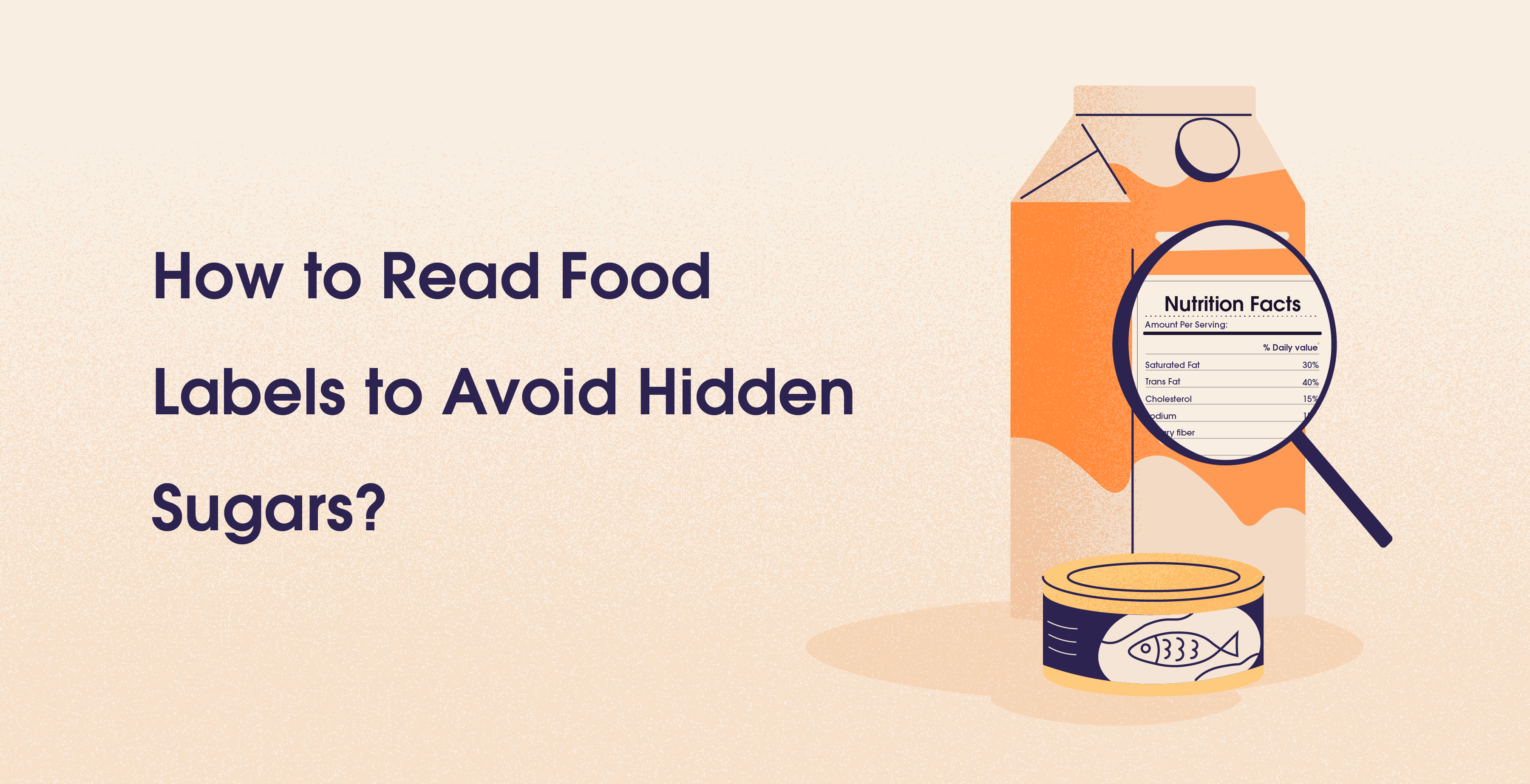

Apr 2, 2025
Sayfali Rawlani
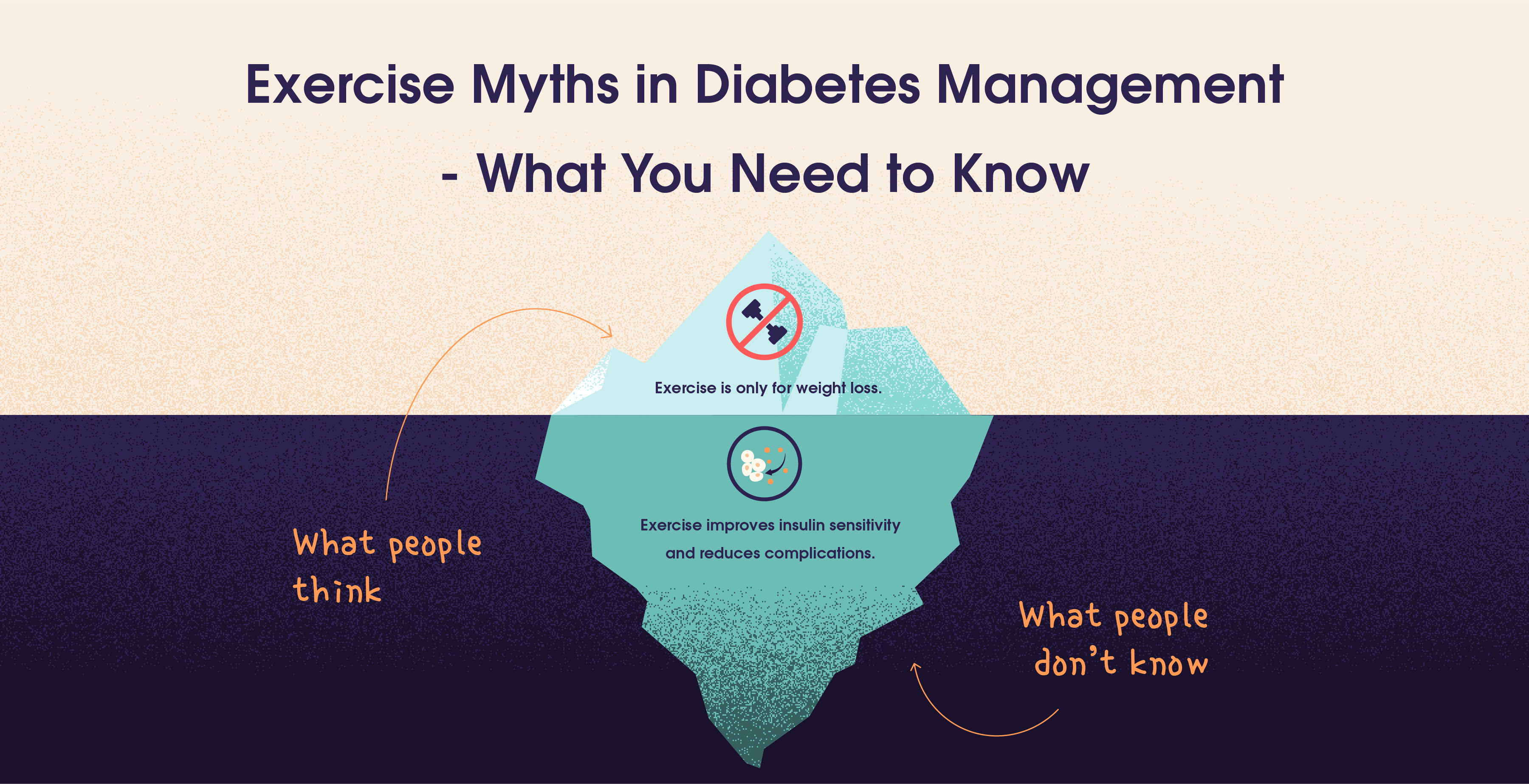

Feb 17, 2025
Aparna Hurtis
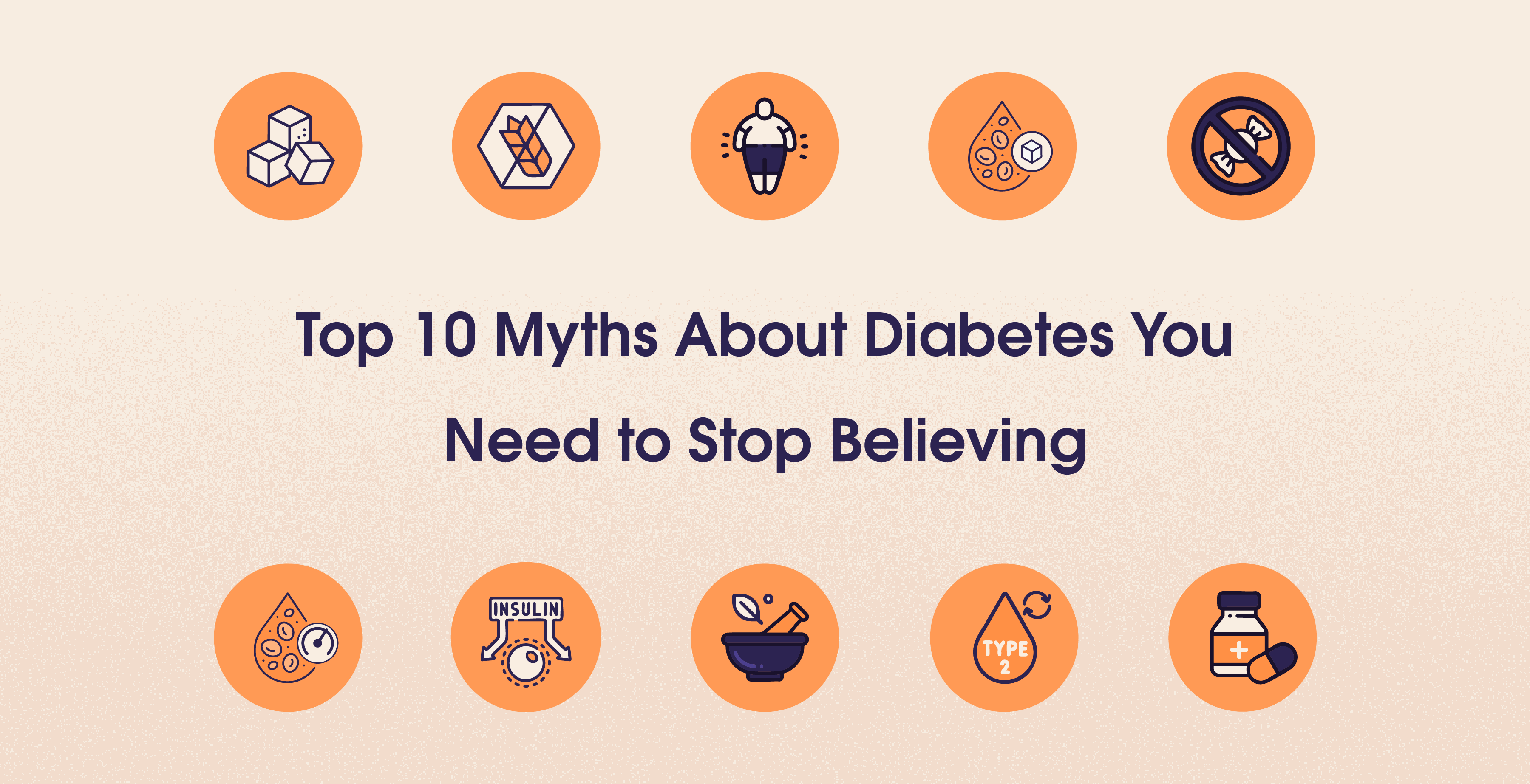

Feb 10, 2025
Aparna Hurtis



Company
Copyright © 2025 trst health. All right reserved.

